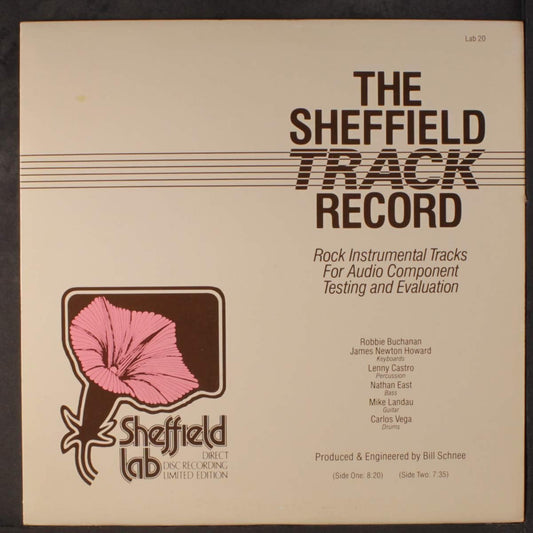Wal Mart?
by Paul McGowan
In yesterday's post entitled An idea, I suggested that we could all benefit from a local high-end expert recommending, demonstrating and setting up equipment and services in our homes. Not too long ago, there were plenty of them - they were called high-end audio dealers. Today, there are sadly fewer each year.
We're not going to solve this problem by repeating the older model of hobbyist turned retailer because, while it's easy to imagine a hobbyist turned expert, it's not so easy to imagine becoming a successful retailer. The two are very different.
Retailing is a skill all unto itself. It requires capital, savvy, relations, connections and a will to succeed at retailing even if it is at the expense of the expert advice.
There are plenty of experts, fewer and fewer successful small retailers - especially in the shadow of the bigger retailers.
What we need is local experts we can trust that make a living demonstrating, guiding, setting up high-end audio in our homes.
To accomplish this, we need to remove the main barrier facing any likely candidate: money.
The cost and risk of opening a well stocked high-end audio shop is staggering. Just add up what you have invested in your home setup and then multiply that times 100 for starters. Add to it the ongoing costs of rent, employees, advertising, plus relationships that have to be built with manufacturers to even get in the door, and you can see the problem for any startup.
What if we started thinking like Wal Mart? Wal Mart is the largest retailer in the world (as well as the largest employer in the world). How do they pay for all that inventory on their shelves? They don't.
All the inventory in every Wal Mart is 100% owned by the manufacturers. They have zero inventory costs.
Wal Mart provides a marketplace, a distribution channel and customers. Manufacturers provide everything else and take all the risk.
Tomorrow: how this might play out for the high-end.
- Choosing a selection results in a full page refresh.
- Opens in a new window.








